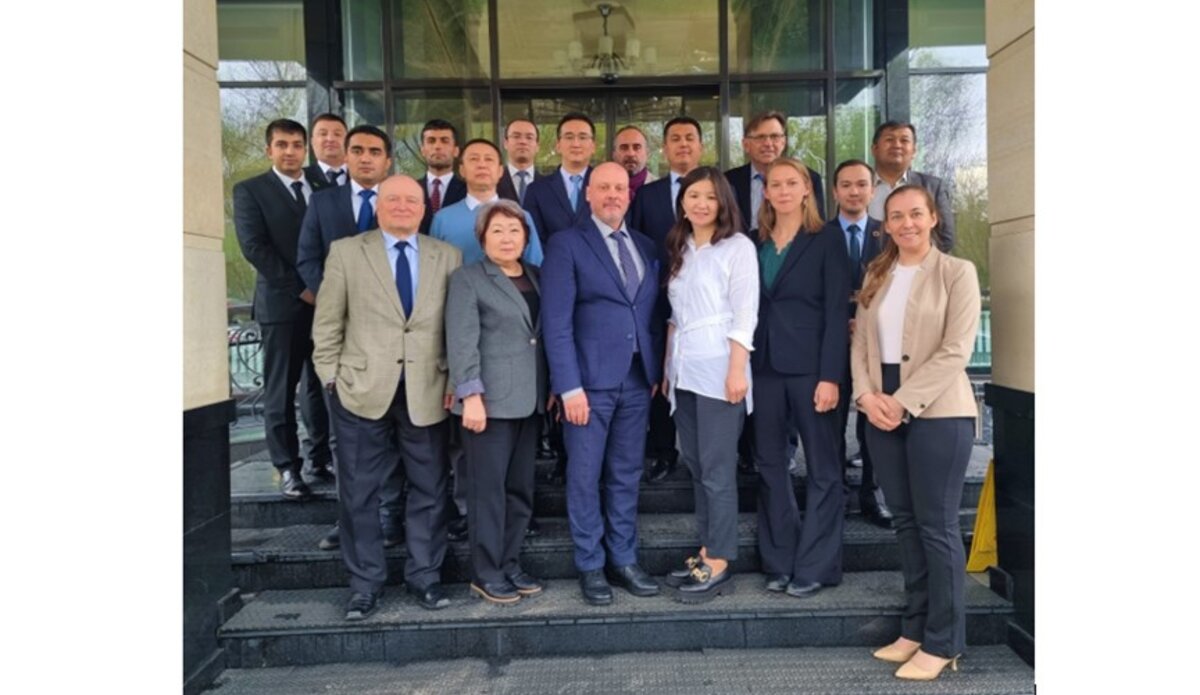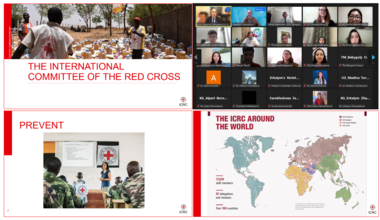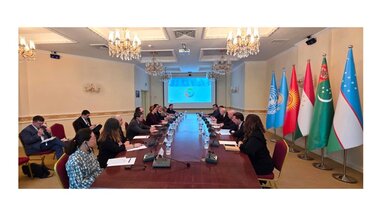WATER COOPERATION IN CENTRAL ASIA DISCUSSED IN ALMATY
ALMATY, Kazakhstan
On 18-19 April 2023, in Almaty, Kazakhstan, UNRCCA convened a capacity-building event on climate risks in Central Asia and a meeting of national experts of the Central Asian states within the Centre’s Strategy on supporting cooperation between the states of Central Asia on Water, Energy, Environment and Climate for 2022-2025. Representatives of relevant ministries and state agencies of the Central Asian countries, the United Nations Department of Political and Peacebuilding Affairs (DPPA), the United Nations Assistance Mission to Afghanistan (UNAMA), the United Nations Economic Commission for Europe (UNECE), Food and Agriculture Organization (FAO) as well as international experts took part in the event.
The participants discussed topics such as mitigation of and adaptation to the climate risks, international best practices and the experience of the Central Asian states in this important area, the outcomes of the UN Water Conference in New-York, on 22-24 March 2023, and the related follow-up commitments of the states. Meaningful exchanges on recent developments in international water law and policy, including the recent decisions of the International Court of Justice in this field, allowed for a better understanding of the international dispute resolution mechanisms. At the meeting of Central Asian experts, the Early Warning Bulletins on the state of water resources in the Aral Sea Basin, produced by the Interstate Coordination Water Commission of the International Fund for Saving of the Aral Sea (and supported) by the UNRCCA, were discussed at length. With the support of UNAMA, a separate session was devoted to exchanges on challenges and opportunities to cooperation between Central Asia and Afghanistan in the field of water-related resources in the broader Aral Sea Basin.
The participating delegations underlined the importance of UNRCCA as a platform for promoting regional dialogue on transboundary water management and supported continuation of such form of regular capacity-building and expert meetings under the UNRCCA auspices.
 UN
UN





